General Informations
General informations
The majority of Covid-19 infections are not critical. People at risk of complicated forms are the elderly and people with certain chronic pathologies (respiratory or cardiac insufficiency...).
In this period of pandemic, health institutions continue to take care of patients infected by the coronavirus.
However, and since the beginning of the pandemic, very strict measures intended to isolate the not contaminated patients from the infected patients or strongly suspected to be, are taken. These measures, decided according to the directives of the health authorities and learned societies, have allowed us to maintain our surgical activity for patients.
Contamination in the Hospital
Prior to your Intervention
You will be treated regardless of your vaccination status. However, stricter rules may apply if you are not vaccinated (PCR test and not antigenic, shorter test time before the procedure...). These rules vary from one institution to another.
Negative Test Before the Intervention
Even if you have no symptoms, this does not necessarily mean that you are not infected. Therefore, you will be asked to be tested before the procedure to ensure your safety, the safety of other patients and the safety of health care professionals. It is generally requested that you perform an antigenic or PCR test 48 to 72 hours before the procedure.
Positive Test Before the Intervention
Your anesthesiologist and surgeon will determine the urgency of the procedure to ensure that they are not taking unnecessary risks.
In the case of urgent surgery
The procedure will be performed in conditions that guarantee maximum protection for health professionals and other patients. You will not go through the recovery room for example. You will be awakened at the end of the procedure on the operating bed and the anesthesiologist will monitor you for one to two hours. Once you are alert and feel no pain, you will be transferred to a room by yourself.
In the case of non-urgent surgery
If your surgery is not urgent, it will be postponed. If you are vaccinated, the surgery will be postponed for 4 weeks. If you are not vaccinated, the surgery will be postponed for 6 weeks.
After the Intervention
After your operation, any symptom that seems abnormal should be reported to us. If there is the slightest doubt, during your hospitalization, additional tests will be performed to rule out the beginning of a viral pneumonia.
In spite of all these precautions, a possible infection may still occur during your hospitalization or after your return home. It is therefore essential that you follow the barrier measures recommended by the health authorities before, during and after your hospitalization to limit the risk of contamination as much as possible.
If, despite all these precautions, you should report an infection to Covid, you can be sure that you will receive prompt, specific and appropriate care.
Separation of Patients
Separation of patients
Your safety is our priority
A strategy of isolation and separation of infected patients is implemented within the facilities. The hospitalization sectors, the patient's itinerary and the personnel assigned to the different activities are individualized. You can be sure that all necessary precautions are taken to avoid contamination during your hospitalization, in particular by implementing strict barrier measures. The objective of these measures is to make your stay in the establishment as safe as possible.
You must report, and this is essential for your safety and that of everyone else, before you enter the establishment, any sign that could lead to the suspicion of a coronavirus infection.

